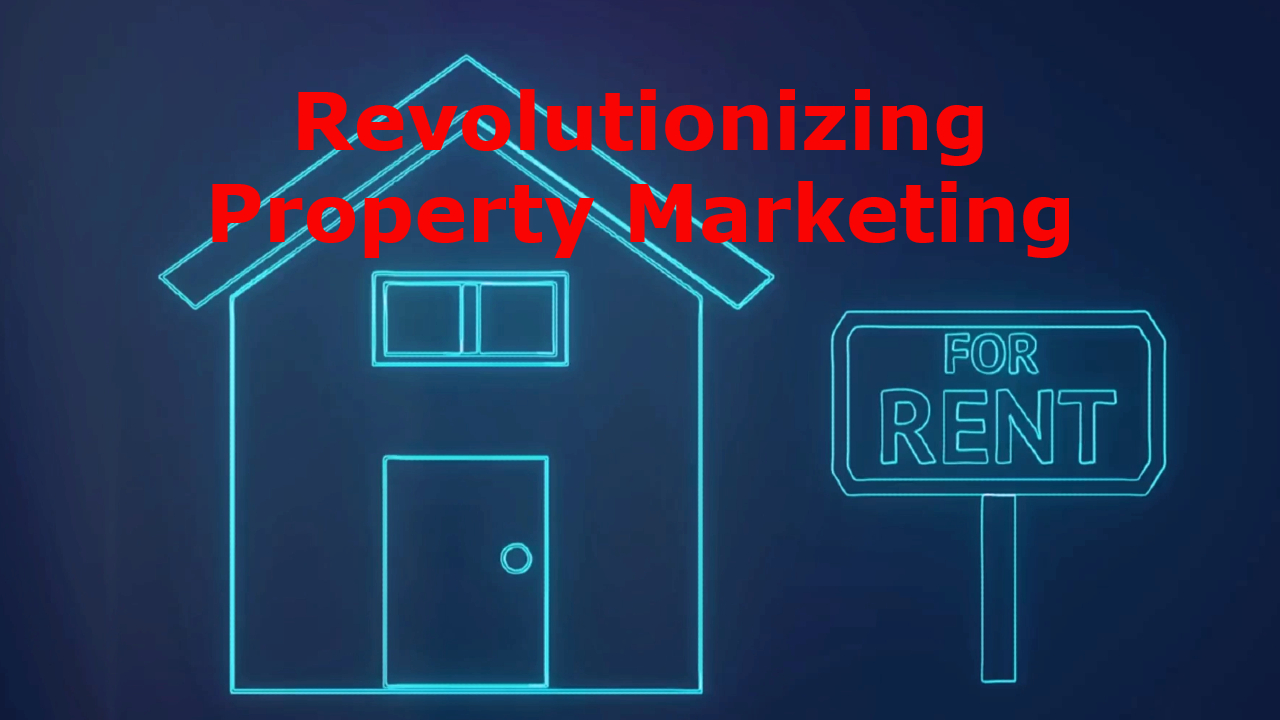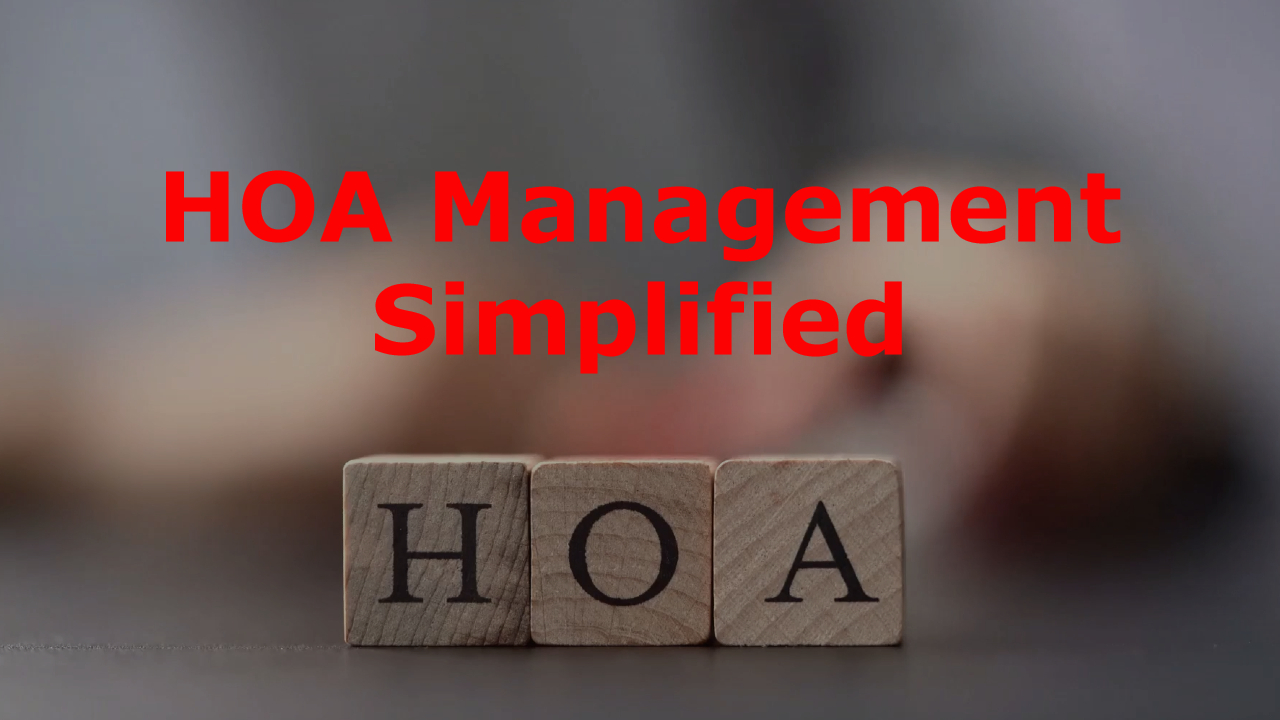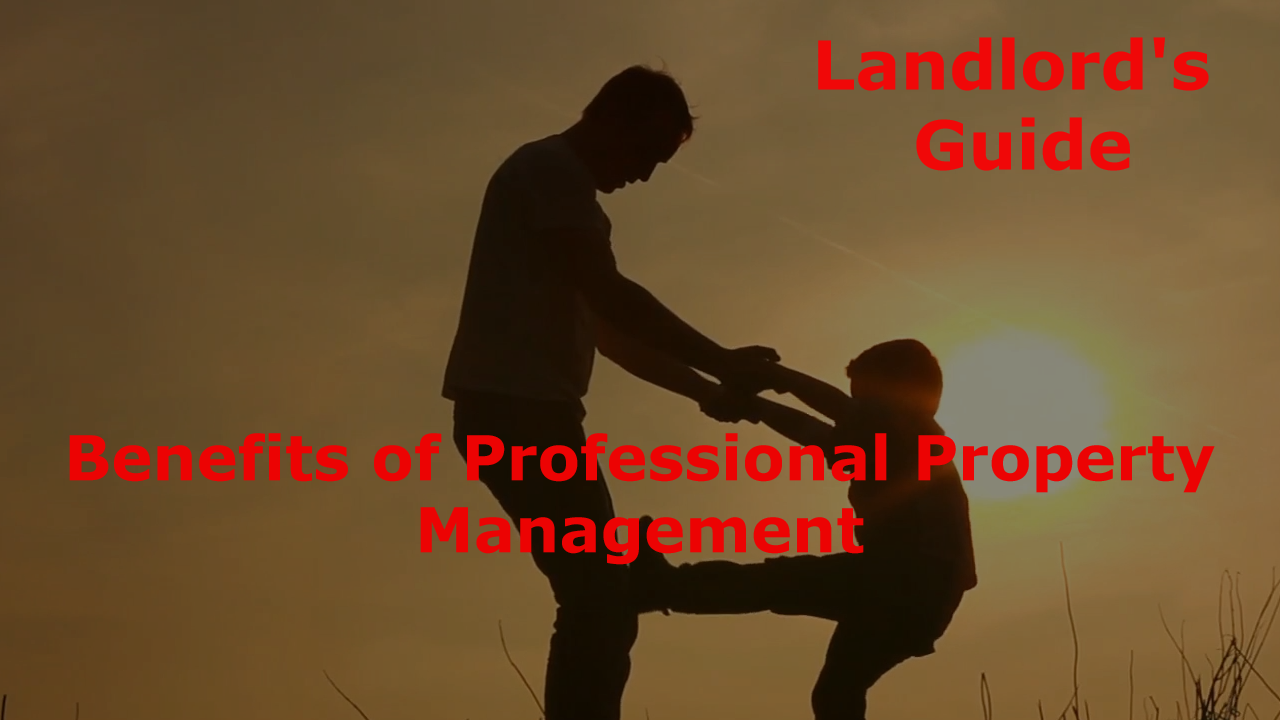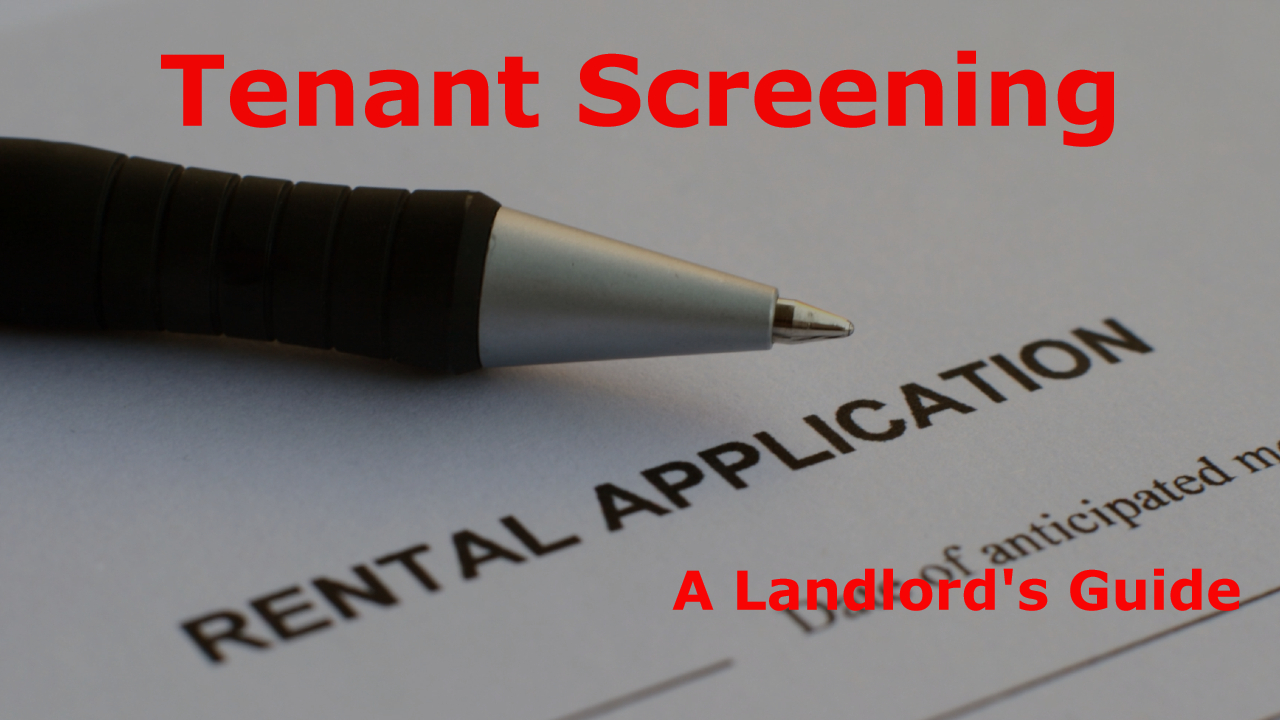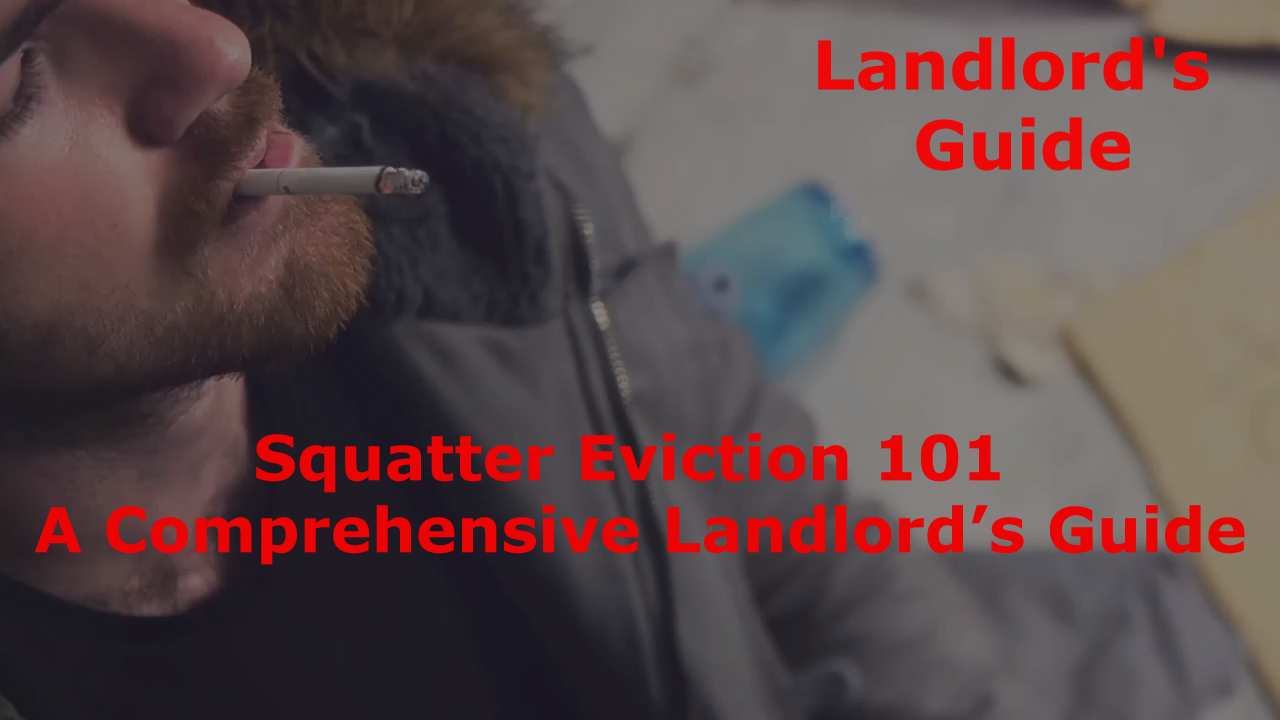Since 2010, I have been working as the Illinois Receiver managing properties in foreclosure in Illinois State Courts, and the Federal District Court for the Northern District of Illinois, Eastern Division. Taking a property over as a court appointed receiver almost always involves properties that have all sorts of issues. Managing rental properties also involves communication with tenants in good times and in bad.
Effective communication is vital to stabilizing a property and to building relationships with tenants, resolving issues, and ensuring that your properties are well-maintained by their occupants. Not all conversations are easy; sometimes, you’ll face difficult or uncomfortable situations.
In these instances, it’s essential to be “fair but firm” in your communication, balancing empathy and professionalism with a clear focus on achieving a resolution.
This article will explore the importance of effective communication in property management and provide tips for handling difficult conversations. We’ll also highlight common scenarios where effective communication is particularly critical.
The Importance of Effective Communication for Managing Difficult Conversations
Difficult conversations are a regular part of managing rental property. Whether you’re discussing rent increases, enforcing property rules, or addressing tenant complaints, the way you communicate can make all the difference.
Effective communication can help to de-escalate tense situations, build trust, and create a positive outcome for all parties involved. Conversely, poor communication can worsen things, leading to strained relationships, legal disputes, and loss of revenue.
The Consequences of Poor Communication
How to tell that your communications are not effective? Communication could be better, if they lead to a wide range of adverse outcomes, including missed deadlines, confusion, misunderstandings, and even legal disputes. All of those issues can compound into negative reviews and a tarnished reputation.
Tips for Effective Communication in Difficult Tenant Conversations
The adage “the best defense is a good offense” applies perfectly here. Let’s look at some strategies for handling difficult conversations with tenants.
Listen actively and show empathy
When engaging in challenging conversations with tenants, listening actively and showing empathy are essential. Give them your full attention, acknowledge their perspective, and try to understand why they may see it the way they do.
Doing so signals that you’re willing to work with them to find a solution rather than arguing.
You may not be able to find a solution. If a tenant is three months behind on the rent, you can hear them out and understand why they say it’s come to that, but it doesn’t mean you’re going to halt an eviction proceeding.
Active listening and empathy can help to de-escalate a situation and prevent it from becoming more contentious. When your tenant feels you’re hearing them out, they’re more likely to respond in kind when you detail the next steps.
Choose your words carefully
Choosing your words carefully and being transparent can bring emotional conversations down a level or two.
Avoid using industry jargon or complex language that could confuse or alienate tenants. Instead, use clear, concise language that’s easy to understand. If you find yourself in a situation where a tenant is particularly heated, responding in a ‘passive voice tone’ makes things feel less accusatory for them.
Does it work every time? Absolutely not. On a long enough timeline, you’ll encounter unreasonable tenants in some way, regardless of how well you prepare and communicate.
They’ll teach you phrases and insults that would make a sailor blush. They’ll also teach you to refine your screening process – but that’s a conversation for another day. Let’s look at a few simple strategies in case you run into that angry, hostile tenant sooner rather than later.
Stay calm and professional, even in the face of anger or hostility
When a tenant attempts to escalate a situation, use these strategies to stay level-headed and in control of the situation.
- Take a deep breath and focus on your goal. Remember that your goal is to resolve the issue at hand, not to “win” the conversation.
- Use neutral language and avoid getting defensive. Stay focused on the issue at hand and avoid making personal attacks or getting drawn into an argument.
- Show empathy and acknowledge the tenant’s feelings. For example, you might say, “I understand that this is frustrating for you, and I want to find a solution that can work for everyone.”
- Remain solution focused. Keep the conversation focused on finding a resolution that works for everyone rather than getting bogged down in the details of what went wrong.
- Take a break if needed. If the conversation becomes too heated, it’s okay to take a break and resume the conversation later once everyone has had a chance to cool down.
Document, document, document!
You’ll want to have your bases covered if things get to the point of heated disagreement. Before matters escalate too far, document the conversation in writing, and include your actions and suggestions for the next steps.
By ensuring you document every communication, you’ll have the best possible case if you should end up in court with a tenant.
Emails are great for this since they are automatically date-stamp and provide a timeline of communication. You can also use other methods, such as text messages, letters, or even a call log if you’ve had multiple conversations.
Common Scenarios Where Effective Communication is Critical
Make sure you know the law and your local landlord and tenant ordinances, if any, before finding yourself in a dispute with a tenant. Some everyday difficult situations most landlords will deal with at some point may include:
- Dealing with tenants upset with a noisy neighbor.
- Discussing rent increases or late rent payments.
- Handling maintenance or repair issues.
Remain calm and professional, even if the tenant becomes angry or hostile. Focus on explaining what’s in your control and what next steps will be taken. If the complaining tenant is required to do anything (like file a noise complaint with local police department), explain that to them and ask them to send a copy once the report has been filed.
“Can you waive the late fee? What about a one-time courtesy?”
That’s entirely up to you. Know that you will be asked, so have your policy and answer ready before you collect your first rent payment. For example, I always waive the first late fee, when asked, and I use that as an opportunity to emphasize the importance of making timely rent payments.
Some may argue that if you waive the late fee once, you’ll likely be asked to waive it again next time. Be prepared to be fair but firm when standing your ground. By waiving the first late fee, I demonstrate good faith effort to work with the tenant, and at the same time, I firm up and highlight that this first waiver of the late fee is also the last one.
If a tenant is upset about a maintenance issue that has not been resolved in a timely manner, always show empathy and acknowledge the tenant’s frustration.
For example, “I understand that the maintenance issue has been an inconvenience for you, and I’m sorry you’re dealing with it. I know it’s frustrating. Here’s what we’re working on, here’s what’s next, etc.”
Provide a clear timeline for when the issue will be resolved and explain the steps you’ll take to ensure that it’s fixed. This may be a situation where you must get all the information and follow up with the tenant after speaking to a contractor. Disclose that to the tenants and let them know that you’ll let them know when you have an update.
If it’s been too long since you told them you’d update them, send them an update saying precisely that.
“Hi Pat,
I did not forget about you. I haven’t heard back from the plumber yet. As soon as he gets back to me, I’ll let you know – Talk to you shortly.
-Frank, the landlord.”
Whether you are dealing with a noise complaint or an unresolved maintenance issue, showing empathy for your tenant’s situation and providing clear explanations will help maintain strong relationships and happy long-term tenants.
That is an update and keeps the tenant from feeling like no one’s working on their issue. At the end of the day, it is important to remember that communication with tenants should always remain professional and courteous. It’s easier said than done, but the tips above should help guide you to creating your own responses before you need them.
By: Arthur R. van der Vant


